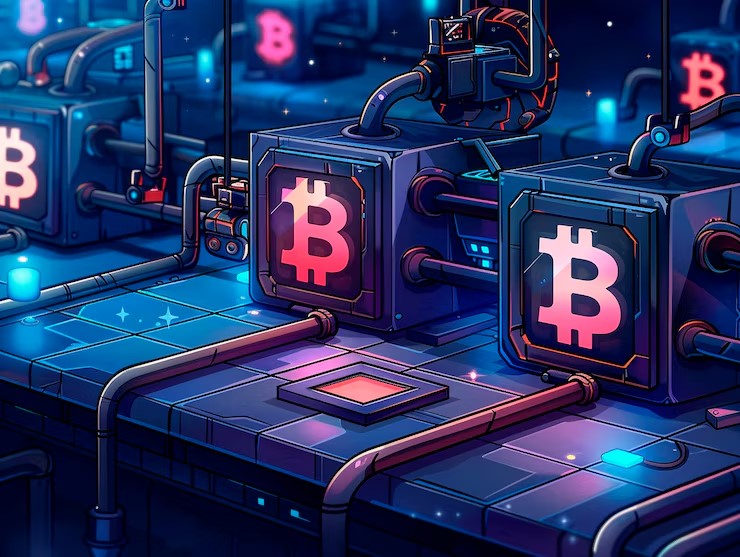A Low-Cost Mining Haven Closes Its Doors
Kuwait, long considered a strategic location for low-cost crypto mining, has officially shut down unauthorized mining operations, citing electricity shortages and public safety risks. This crackdown—announced on May 1—could have ripple effects across the broader crypto mining industry.
Over 60 individuals are reportedly under investigation after the Interior Ministry launched raids on residential and commercial premises suspected of running mining setups.
Energy Costs vs. Infrastructure Limits
Kuwait ranks among the top 20 countries with the lowest electricity costs, offering power at just 2.9 cents per kilowatt-hour. This pricing has historically made it a favorable destination for proof-of-work miners, especially those seeking higher margins amid Bitcoin’s volatile price cycles.
However, the country now faces recurring power outages, worsened by population growth, infrastructure stress, and seasonal temperature spikes. The government says crypto mining constitutes an unlawful strain on the grid, raising risks to critical services.
Global Energy Pressure on Mining Is Mounting
Kuwait’s crackdown follows similar actions in Russia and China. In Russia, localized bans were imposed in regions where mining outpaced the electric grid’s capabilities. China’s nationwide ban, meanwhile, was part of a broader effort to hit clean energy targets and reduce carbon output.
These trends highlight a growing challenge for miners: access to cheap energy is no longer enough. As governments become more sensitive to energy demands and environmental policy, miners must balance cost with regulatory risk.
What’s Next for Institutional and Retail Miners?
The ban could accelerate migration to renewable-friendly jurisdictions and push operators to rethink geographic strategies. Some institutional miners may turn to energy partnerships with utilities or invest in on-site renewables to mitigate future disruption.
For investors, Kuwait’s crackdown is another reminder that mining operations are increasingly tied to local politics and grid limitations—not just token economics.
Key takeaway: Access to power is no longer just a line item—it’s a strategic vulnerability.



